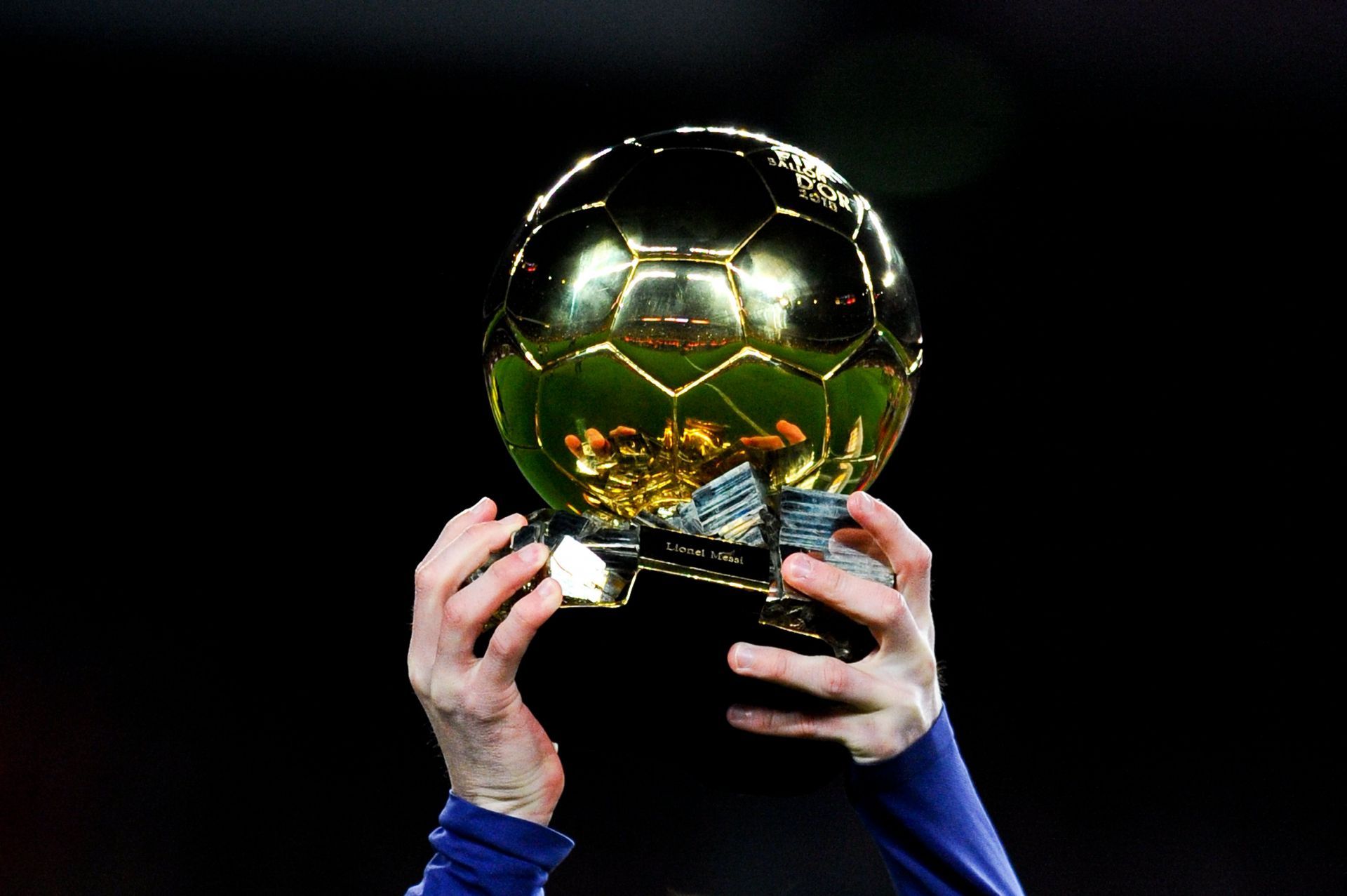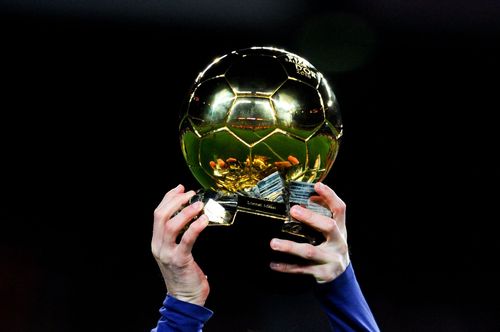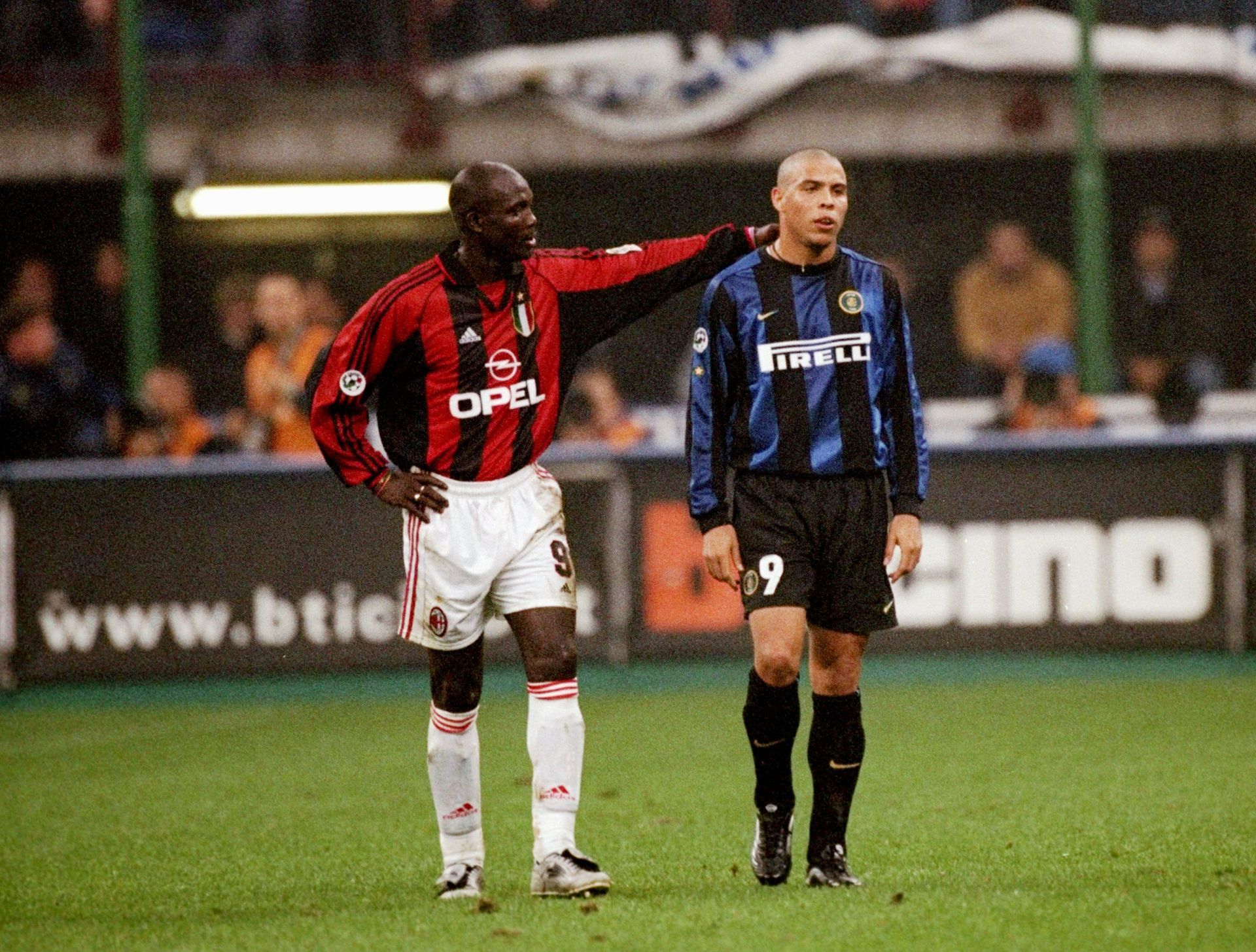
5 interesting facts about the coveted Ballon d'Or award

The Ballon d'Or award is the highest recognition for footballers across the globe. Since its initiation in 1956, the most coveted award has been given to the best footballer of the year by French News Magazine 'France Football'. It remains a dream come true for any footballer to win the award and reach the pinnacle of football.
Many all-time great footballers have had their hands on the prestigious prize in the last 65 years. Lionel Messi and Cristiano Ronaldo have dominated the proceedings with their extraterrestrial caliber for the better part of the last decade. Every year the award has grown in reputation and added spice to the rivalry of the two modern greats.
The Ballon d'Or award was canceled in 2020 due to the Covid-19 pandemic. The award ceremony is set to return this year and is already generating a lot of hype regarding the winner. With some major contenders, there's no predicting who will be awarded the best footballer of the year.
On that note, we dive down into the history of Ballon d'Or and present some interesting facts. Without further ado, let us take a look at five interesting facts about the award.
#5 Blackpool have had as many Ballon d'Or winners as Liverpool

It might be surprising to learn that an Englishman was the first ever recipient of the coveted Ballon d'Or award. The footballer was none other than Blackpool's Stanley Matthews, who defeated Real Madrid legend Alfredo Di Stefano by a narrow margin to lift the award.
Surprisingly, Liverpool had only one Ballon d'Or winner over the years just like Blackpool. Michael Owen won the award as a Liverpool player back in 2001. The sharpshooter helped the Reds win the League Cup, the FA Cup and the UEFA Cup with his exploits.
#4 George Weah was the first Non-European and only African Ballon d'Or winner

George Weah is not only the only African player to win the award, but he also remains the only one to make it onto the podium in football history. Initially, the Ballon d'Or was reserved for only European players but the rule was changed in 1995. The change in eligibility criteria meant that Weah was the only player who deserved to win the award that year.
Weah claimed the prize when he was with Milan but it was the result of his exploits at Paris Saint-Germain. The legendary African helped PSG win Ligue 1 and the French Cup, also ending the season as the top scorer in the UEFA Champions League.
He won the award in the 1994/95 season, scoring 17 goals in 52 games.

